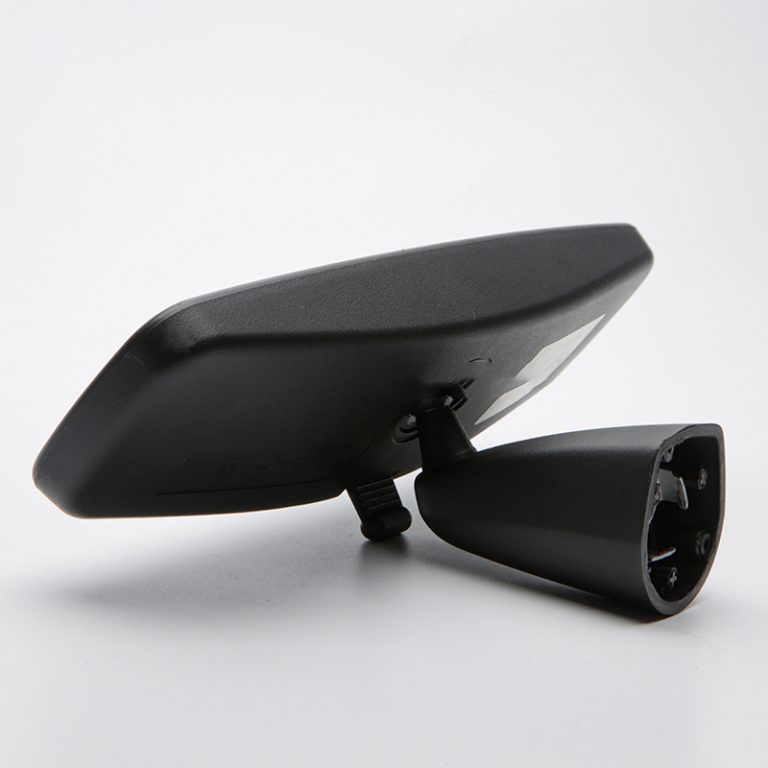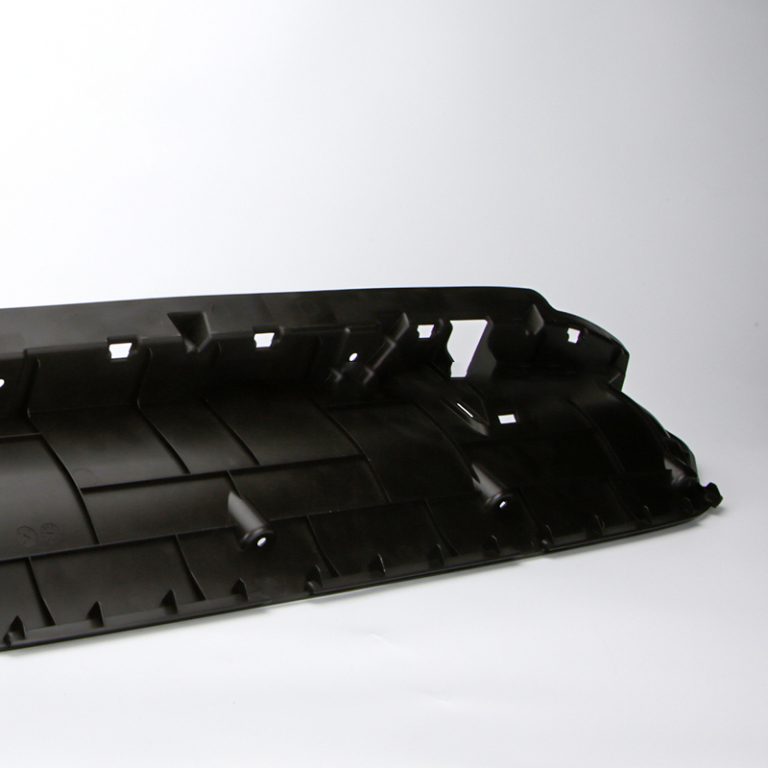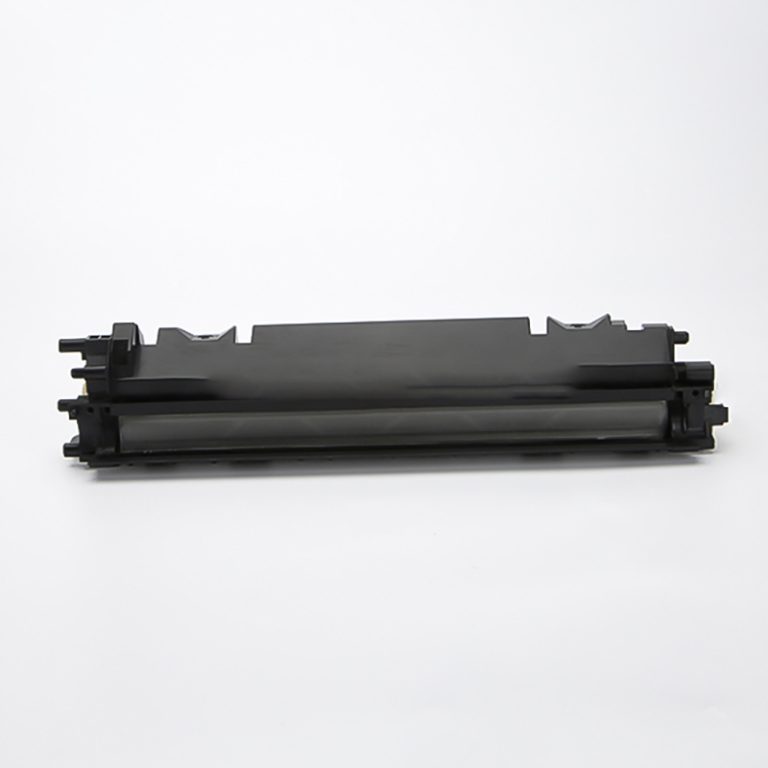Table of Contents
The Impact of Plastic Components on Environmental Sustainability
Plastic components and modules have become an integral part of our daily lives, from the packaging of our food to the construction of our vehicles. However, the widespread use of plastic has raised concerns about its impact on environmental sustainability. Plastic is a versatile and durable material that has revolutionized many industries, but its non-biodegradable nature poses a significant threat to the environment.
One of the main issues with plastic components is their disposal. Many plastic products end up in landfills, where they can take hundreds of years to decompose. This not only takes up valuable space but also releases harmful chemicals into the soil and water. Plastic waste also poses a threat to wildlife, as animals can ingest or become entangled in plastic debris, leading to injury or death.
In recent years, there has been a growing awareness of the need to reduce plastic waste and find more sustainable alternatives. Many companies are now exploring the use of biodegradable plastics, which break down more quickly and are less harmful to the environment. These biodegradable plastics can be used to create components and modules that are just as durable and versatile as traditional plastics, but with a lower environmental impact.
Another way to reduce the environmental impact of plastic components is through recycling. By recycling plastic products, we can reduce the amount of waste that ends up in landfills and decrease the demand for new plastic production. Many communities now have recycling programs in place to make it easier for people to recycle their plastic waste. Additionally, some companies are incorporating recycled plastic into their products, creating a closed-loop system that reduces the need for new plastic production.
In addition to recycling and using biodegradable plastics, there are other ways to make plastic components more sustainable. For example, companies can design products with longevity in mind, so they last longer and need to be replaced less frequently. They can also use less plastic in their products or find ways to make their manufacturing processes more efficient to reduce waste.
Overall, the impact of plastic components on environmental sustainability is a complex issue that requires a multi-faceted approach. By reducing plastic waste through recycling and using biodegradable plastics, we can minimize the environmental impact of plastic components. Companies can also play a role by designing products with sustainability in mind and finding ways to make their manufacturing processes more eco-friendly.
In conclusion, plastic components and modules have become an essential part of our modern world, but their environmental impact cannot be ignored. By taking steps to reduce plastic waste, recycle products, and use more sustainable materials, we can minimize the negative effects of plastic on the environment. It is up to individuals, companies, and governments to work together to find solutions that promote environmental sustainability while still enjoying the benefits of plastic components.
Innovative Uses of Plastic Modules in Product Design
Plastic components and modules have become increasingly popular in product design due to their versatility, durability, and cost-effectiveness. From automotive to consumer electronics, these innovative materials are revolutionizing the way products are designed and manufactured. In this article, we will explore some of the innovative uses of plastic modules in product design and how they are shaping the future of various industries.

One of the key advantages of plastic modules is their ability to be easily molded into complex shapes and designs. This flexibility allows designers to create products that are not only aesthetically pleasing but also highly functional. For example, in the automotive industry, plastic modules are used to create lightweight and aerodynamic components that improve fuel efficiency and performance. These modules can be seamlessly integrated into the overall design of the vehicle, providing a sleek and modern look.
Another innovative use of plastic modules is in the field of consumer electronics. With the rise of smart devices and wearable technology, manufacturers are constantly looking for ways to make their products smaller, lighter, and more durable. Plastic modules offer the perfect solution, as they can be molded into tiny components that are both strong and lightweight. This allows designers to create sleek and compact devices that are easy to carry and use on the go.
In addition to their versatility and durability, plastic modules are also cost-effective to produce. Compared to traditional materials like metal or glass, plastic is much cheaper to manufacture, making it an attractive option for companies looking to reduce production costs. This cost savings can then be passed on to consumers, making products more affordable and accessible to a wider audience.
Furthermore, plastic modules are also environmentally friendly. Many plastics used in product design today are recyclable, making them a sustainable choice for companies looking to reduce their carbon footprint. By using recycled plastics in their products, manufacturers can help reduce waste and conserve natural resources, contributing to a more sustainable future for our planet.
| Product Name | our services |
| Plastic injection molding parts | one-stop services |
Overall, the innovative uses of plastic modules in product design are revolutionizing the way products are created and consumed. From automotive to consumer electronics, these versatile materials are shaping the future of various industries by providing designers with the flexibility, durability, and cost-effectiveness they need to create cutting-edge products that meet the demands of today’s consumers.
In conclusion, plastic components and modules are a game-changer in product design, offering a wide range of benefits that make them an attractive choice for manufacturers across various industries. With their flexibility, durability, cost-effectiveness, and sustainability, plastic modules are paving the way for a more innovative and environmentally friendly future. As technology continues to advance, we can expect to see even more creative uses of plastic modules in product design, further pushing the boundaries of what is possible in the world of manufacturing.






